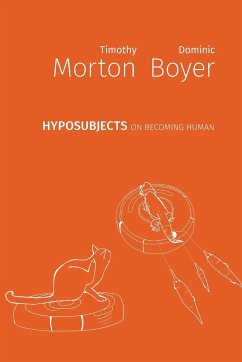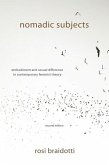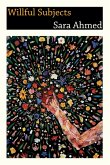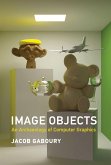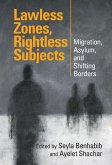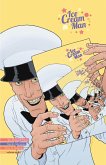The time of hypersubjects is ending. Their desert-apocalypse-fire-and-death cults aren't going to save them this time. Meanwhile the time of hyposubjects is just beginning. This text is an exercise in chaotic and flimsy thinking that will possibly waste your time. But it is the sincere effort of two reform-minded hypersubjects to decenter themselves and to help nurture hyposubjective humanity. Here are some of the things we say in this book: 1) Hyposubjects are the native species of the Anthropocene and are only just now beginning to discover what they might be and become. 2) Like their hyperobjective environment, hyposubjects are also multiphasic and plural: not-yet, neither here nor there, less than the sum of their parts. They are, in other words, subscendent (moving toward relations) rather than transcendent (rising above relations). They do not pursue or pretend to absolute knowledge or language, let alone power. Instead they play; they care; they adapt; they hurt; they laugh. 3) Hyposubjects are necessarily feminist, colorful, queer, ecological, transhuman, and intrahuman. They do not recognize the rule of androleukoheteropetromodernity and the apex species behavior it epitomizes and reinforces. But they also hold the bliss-horror of extinction fantasies at bay, because hyposubjects' befores, nows, and afters are many. 4) Hyposubjects are squatters and bricoleuses. They inhabit the cracks and hollows. They turn things inside out and work miracles with scraps and remains. They unplug from carbon gridlife; they hack and redistribute its stored energies for their own purposes. 5) Hyposubjects make revolutions where technomodern radars can't glimpse them. They patiently ignore expert advice that they do not or cannot exist. They are skeptical of efforts to summarize them, including everything we have just said.
Hinweis: Dieser Artikel kann nur an eine deutsche Lieferadresse ausgeliefert werden.
Hinweis: Dieser Artikel kann nur an eine deutsche Lieferadresse ausgeliefert werden.

